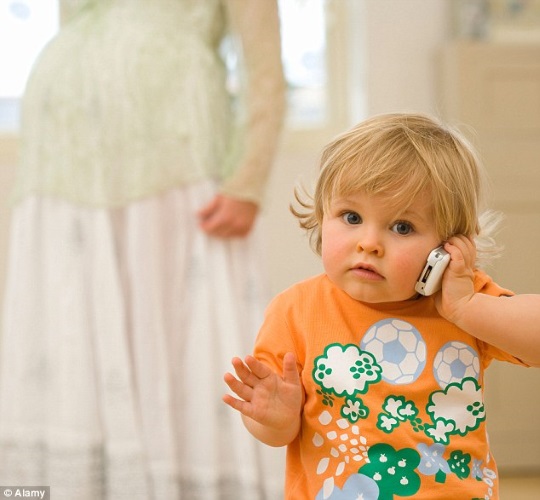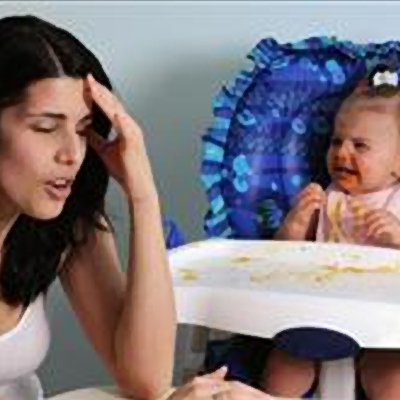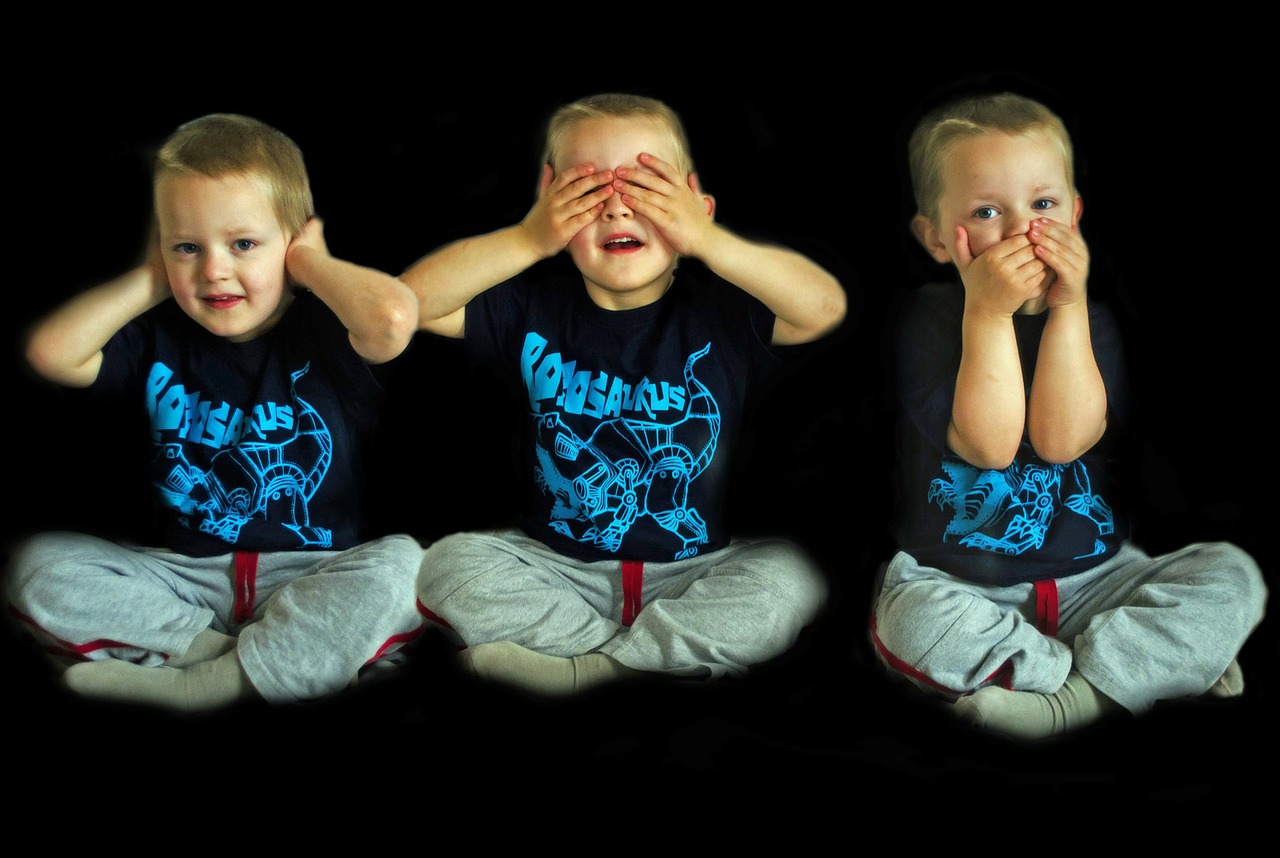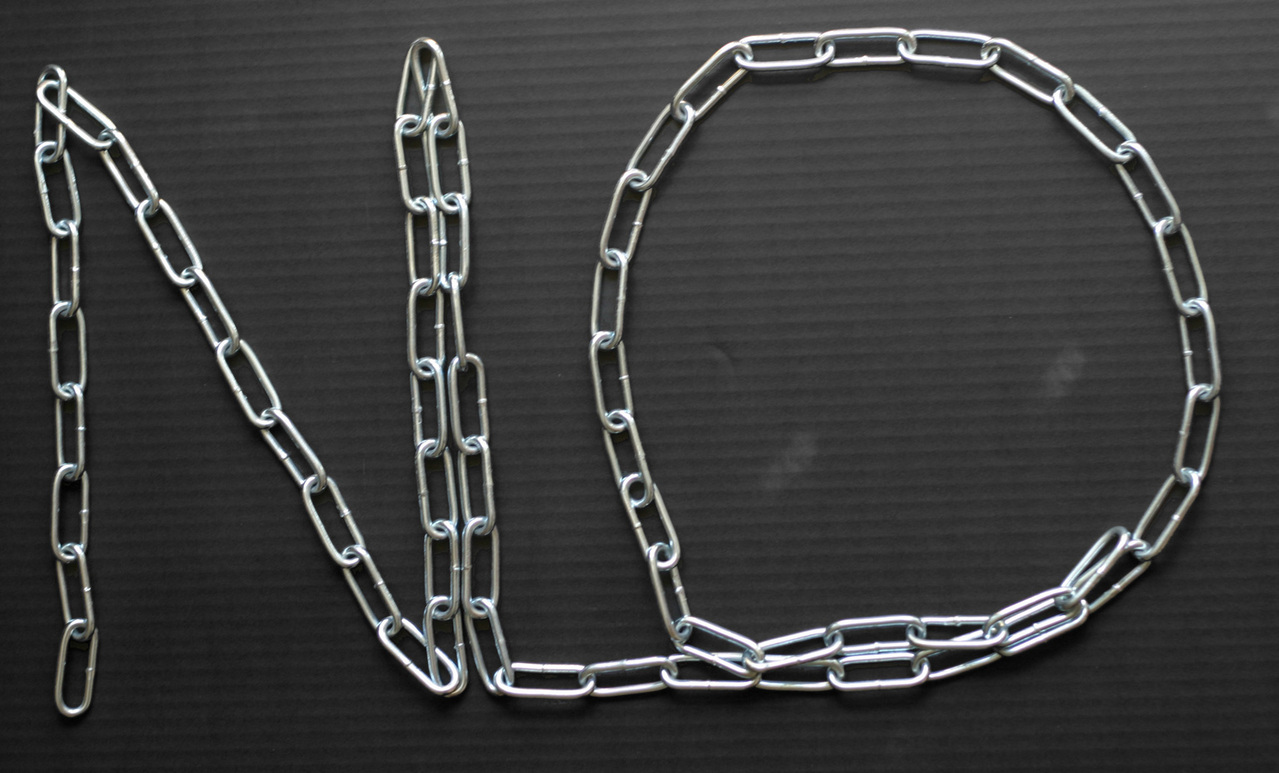Decoding Baby's Cries
Looking for answers to baby's cries? Here's how to understand the tears. 1.Sob Story Four years ago, just after the birth of our oldest daughter, I read somewhere that most mothers are able to tell what their babies want by the sound of their cries. I was awed -- and confounded -- as Phoebe's cries all sounded the same to me.
Turns out I wasn't alone. In studies analyzing the acoustics of crying, even pediatric nurses could not determine the cause of a cry based on how it sounded. "It's a myth that you can tell what's wrong by the sound of the cry," says Harvey Karp, MD, a pediatrician in Los Angeles and author of The Happiest Baby on the Block. "Babies are like smoke alarms: You can't tell if you burnt the toast or if the whole house is burning down."
2.Tears are Normal What's more, many experts now believe crying is a state of being for a newborn, like sleeping or quiet alert. "Crying is a type of normal behavior in infants," states Marc Weissbluth, MD, a renowned pediatrician in Chicago and author of Healthy Sleep Habits, Happy Child. He even has a little "nursery rhyme" that explains this behavior: "Babies cry like birds fly: It's part of being the creature we are."
As a new parent looking for answers, you may need to turn to context cues to determine if there is a reason behind your infant's cries. Sometimes the reason for the tears is fairly obvious. Other times, you just want to throw up your hands and sob yourself. If she last ate two hours ago, chances are good she's hungry. Or if she's been awake for 90 minutes or more, she's probably tired.
3.A Few Caveats Experts say a small percentage of crying is inconsolable. "Even if you try everything that comes to mind to soothe your baby, don't assume you can stop all crying," says Ron Barr, PhD, a crying expert and professor in the department of pediatrics at the University of British Columbia. "Some crying is unsoothable and that's okay. Your baby is fine and you're doing a good job." Also, while we offer plenty of advice on how to pacify your baby in most instances, remember that each baby is unique. Experiment and see what works to calm yours.
4.Is Baby Hungry? Sounds like: Fairly desperate and unrelenting; usually high pitched.
Other clues: She was breastfed more than an hour and a half to three hours ago or had a bottle two to four hours earlier. Baby roots around with mouth, wiggles, or gets frantic.
Solution: When in doubt, assume your baby is crying because he's hungry and offer him the breast or a bottle. But if he's bottlefed, he may not be ready for more formula, says Deana Andersen-Tennant, a postpartum doula in Portland, Oregon, who specializes in families with multiples. "If he hasn't had at least two hours to digest the formula, giving him more may cause him to be unhappy and uncomfortable."
For breastfed babies, sometimes being held, but not fed, by Mom can be upsetting: Your baby can smell your milk. In this case, let Dad step in and hold the baby for a while.
5.Is Baby Tired? Sounds like: Breathy, helpless. This cry can be intermittent and is more easily soothed than most others.
Other clues: Baby's eyes are closed but baby is restless. Or, her eyes may be open and glassy, with redness or puffiness underneath them. Baby may rub her eyes.
Solution: To help your baby sleep better at night, try swaddling her. Deana Andersen-Tennant, a postpartum doula in Portland, Oregon, who specializes in families with multiples., who typically works nights for families, has found that nine out of 10 babies are comforted by swaddling. (She recommends waffle-weave blankets to all her clients.) "Swaddling usually works like a charm with Whit when he's overtired," testifies Stacy Whitman, a writer in Hailey, Idaho, whose son is 9 months old. "The key is to swaddle nice and tight. I put the binky in first -- it helps him calm down so he doesn't 'fight' the swaddle."
Also, if you are fairly convinced your baby is tired yet seems restless in your arms, put him down. "An overly tired baby sometimes just wants to be put down and allowed to sleep," says Andersen-Tennant.
6.Is Baby Bored or Overstimulated? Sounds like: Usually not as loud as other cries and is often staccato. Boredom can easily transition to laughter; overstimulated can escalate to shrieking.
Other clues: An overstimulated baby might turn his head away from you or other stimuli. He may angrily bat at an object.
Solution: In the case of a bored baby, delay your response by a few seconds or a minute, recommends Marc Weissbluth, MD, a renowned in Chicago and author of Healthy Sleep Habits, Happy Child, who also wrote Your Fussy Baby. "In the first several weeks of life, you can't spoil your child or give him too much attention. But that doesn't mean you must respond promptly to every sound your child makes." During the delay, your baby may become engaged by the pattern on his crib bumpers or his hands in front of his face, thus eliminating the need for attention. Remind yourself you're not being cruel or unsympathetic, just laying the foundation for self-soothing.
To calm an amped-up baby, try white noise -- such as a noise machine, vacuum cleaner, or whirring fan. Carrie Barbaro Kane, of Evanston, Illinois, devised a different calming strategy: She runs warm water over the hands and feet of her 14-month-old son, Jameson.
7.Is Baby Annoyed or Uncomfortable? Sounds like: Forced and whiny; has a pattern of short repetitions, like "uh-UH, uh-UH."
Other clues: He may bat with his hands or scrunch up his face.
Solution: Look for causes. When my now-11-month-old twin daughter was an infant, she'd sometimes suddenly start crying while we were out on a walk. I soon realized the repeat offender. Her hat had slipped over her eyes. I'd move the hat, and the howling would cease. In myriad situations, parents have discovered the calming effect of singing. Once you and baby find your song, simply crooning it can help quell stressful situations.
An unexpected cause of crying: Your infant might be cold, even indoors. Your best defense is to dress her in layers. "If her head or face doesn't feel warm, then put a hat on your baby," suggests Deana Andersen-Tennant, a postpartum doula in Portland, Oregon, who specializes in families with multiples. One thing that doesn't cause crying is a wet or soiled diaper -- unless your baby has extreme diaper rash.
8.Is Baby in Pain? Sounds like: Piercing and grating.
Other clues: She may arch her back or thrash. With gas pain, an infant brings her knees up to her chest or grunts.
Solution: A pacifier can live up to its name in many cases, as the sucking reflex calms a baby. Deana Andersen-Tennant swears by pacifiers to help babies pass gas through their systems, but she notes that bottlefed babies take to them better. If you're going to be in a situation you know will cause your baby pain -- such as getting a vaccine or a heel-prick -- then give your baby a pacifier during the procedure or breastfeed him just prior to it.
Concerned your baby's cries indicate something more serious? Ultimately, go with your gut. When it comes to your baby, you are the best expert.
9.Does Baby Have Colic? Colic is a term that defines extended periods of crying -- crying that lasts for three or more hours, three or more nights of the week, during the first three months of life. About 20 percent of babies suffer from colic -- and their families along with them. "Parents who have never had a colicky baby can't realize how it can absolutely ruin you," says Harvey Karp, MD, a Los Angeles-based pediatrician. "It's very, very tough."
There's no known cause of colic -- it's not gas, as some parents suspect -- but Dr. Karp outlines a calming method in his book The Happiest Baby on the Block. It's called the 5 S's:
Swaddle. Cross his arms over his chest, inside the wrap. Don't be afraid to make it super-snug -- it gives your baby a sense of security.
Side/Stomach. Many babies aren't happy on their back, so hold your infant on her side or tummy-down.
Shhh. Dr. Karp believes shushing a baby calms her by reminding her of being in the womb. Shush vigorously in your baby's ear -- "as loudly as your baby is crying."
Swinging. Supporting your baby's head, swing your swaddled baby in your arms or in a mechanized swing.
Sucking. Once your baby is calm, offer him your finger, breast, or a pacifier to suck. It's "icing on the cake of soothing," says Dr. Karp.
Classes that teach the 5 S's are being introduced at many hospitals. Dr. Karp also demonstrates the method on his companion DVD.
As every new parent knows, your baby's cry prompts a physical reaction in you. It raises your blood pressure and pulse, for example. If it goes on long enough, crying seems enough to make you lose your mind -- or your temper.
When your baby's inconsolable crying bout gets to be too much for you, place her somewhere safe (like in her crib) and remove yourself from the situation. "If it gets too frustrating, it's okay to walk away," says Ron Barr, PhD, a professor in the department of pediatrics at the University of British Columbia, who helped develop strategies to decrease the incidence of shaken baby syndrome. "You need to lower your temperature about the situation. Get yourself together and then come back. You're still being a good parent." Above all else, never, ever shake your baby.
Retrieved From: https://goo.gl/qG0j73
|
|

















